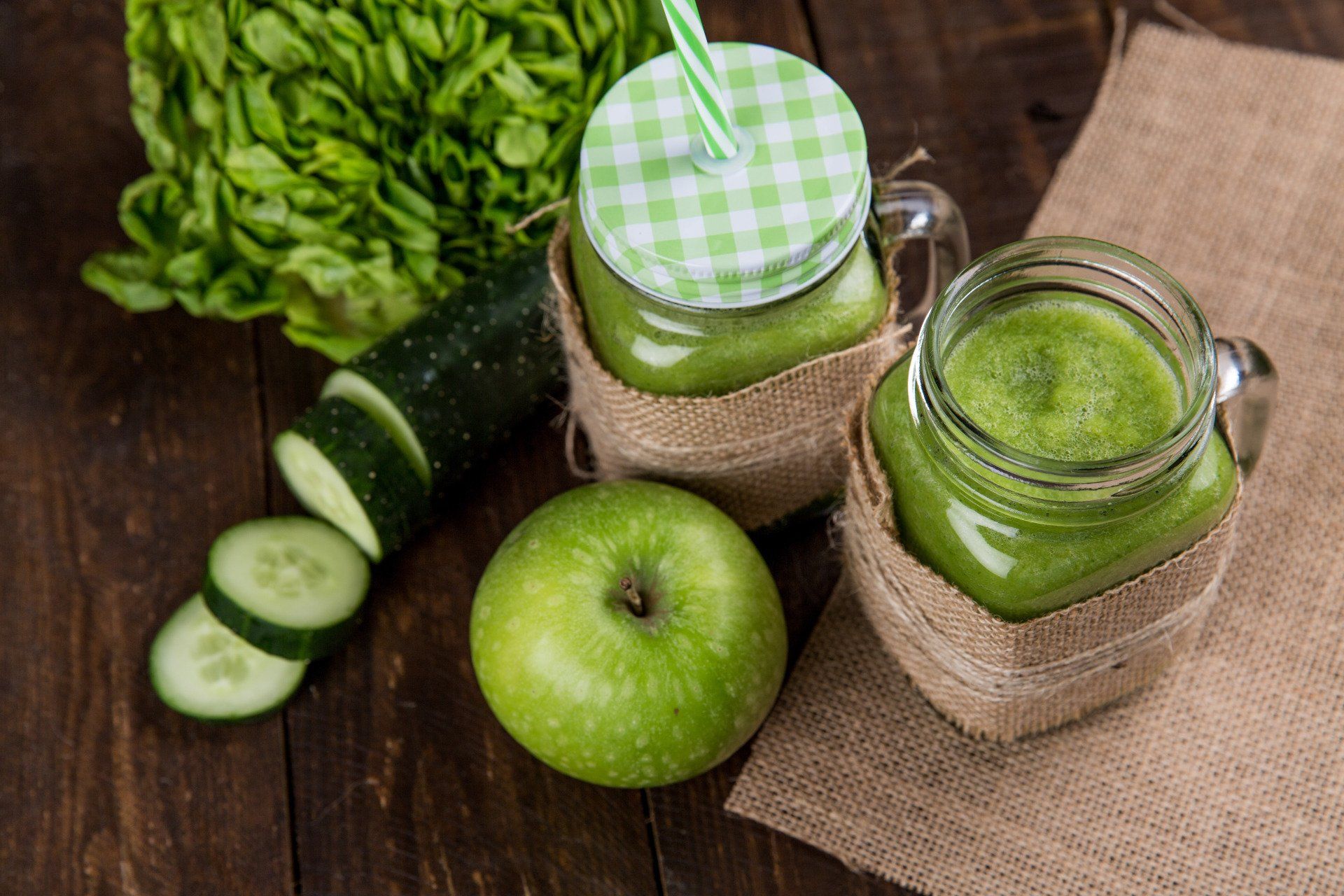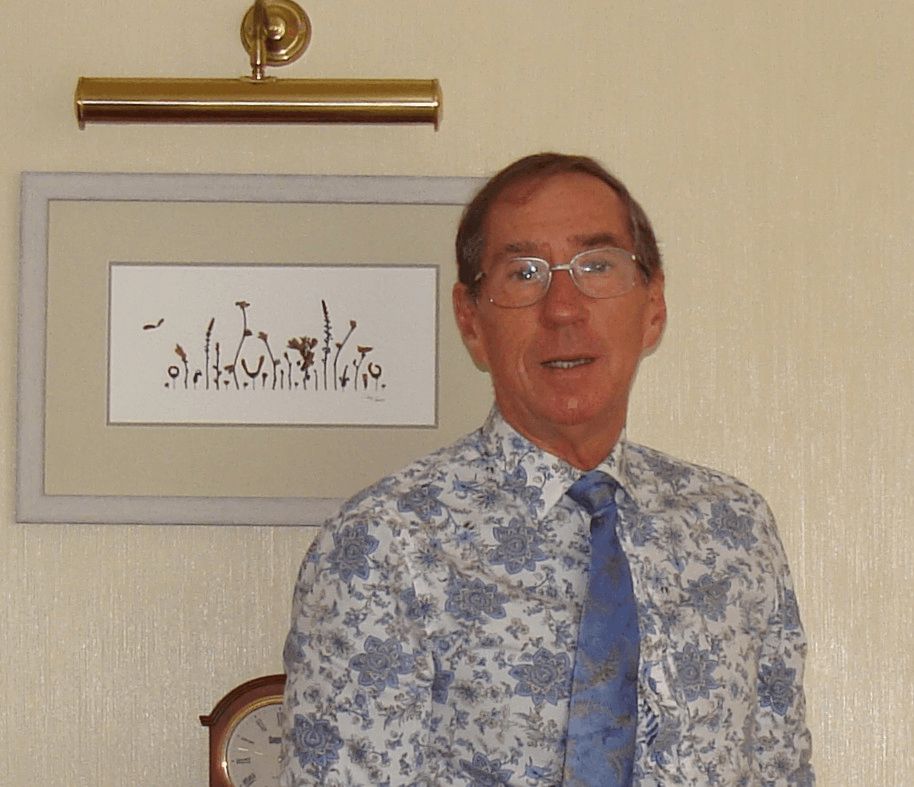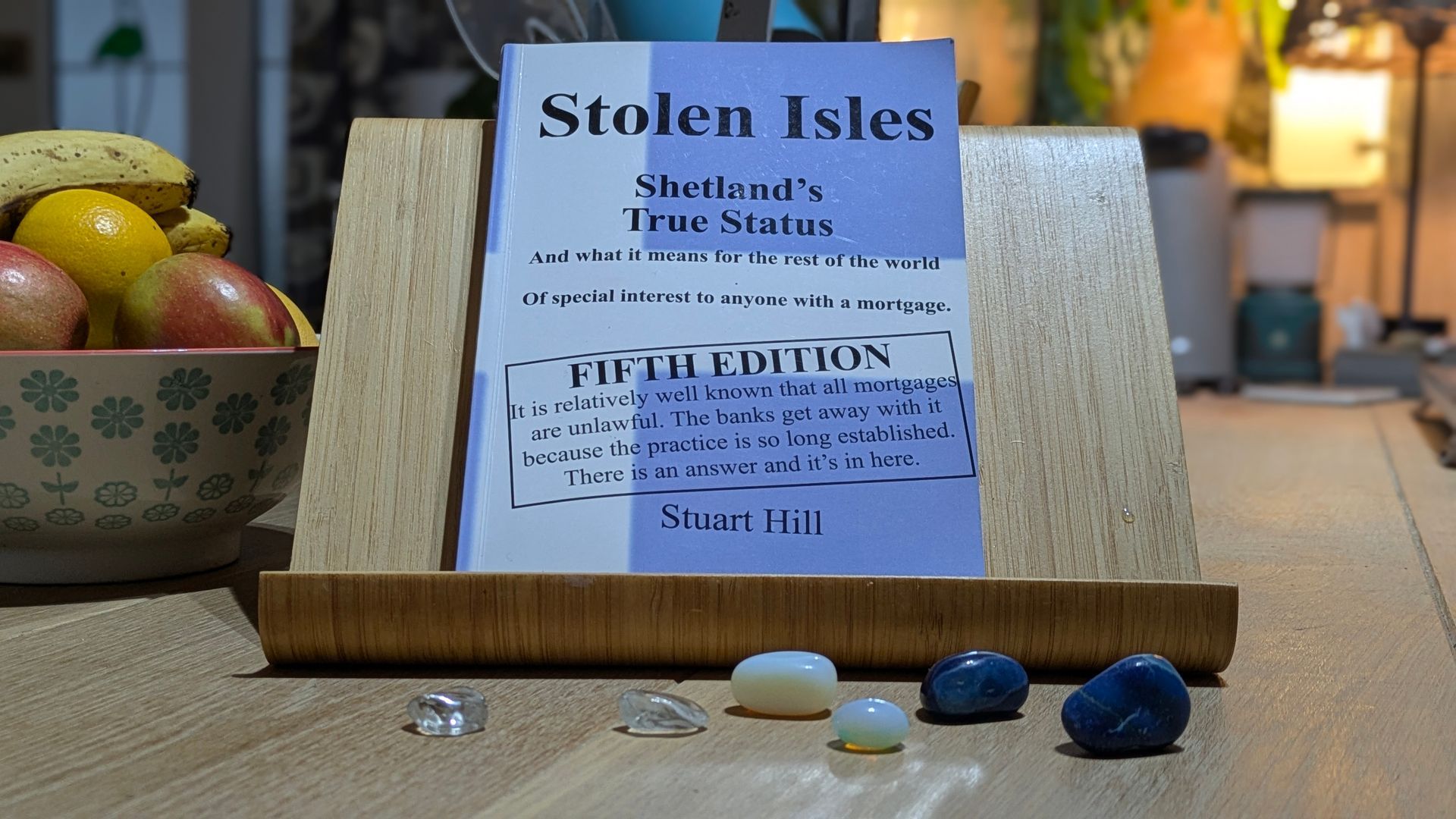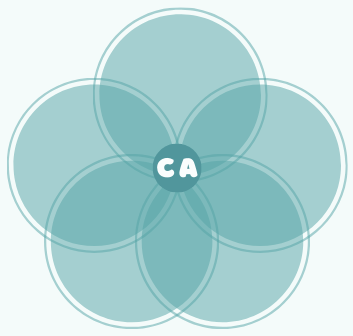Is Cancer as bad as Big Pharma wants us to believe?
Cancer is billed as a killer disease by Big Pharma and they tell their patients that to refuse the toxic drugs on offer will result in a slow and painful death. In other words, 'let’s fill the patient with fear so that they will not think critically.' According to Big Pharma, a cure for cancer is always 'just around the corner.' Now haven’t they have been selling us that line for fifty years or more? When you learn that one course of treatment for cancer can cost the health service £70,000 you will see that Big Pharma is in no big hurry.
Cancer is not a disease to fear so we all need to take a step back and look at the wood and not just the trees. Holistic medicine treats the whole body and not just the disease or symptoms.
Cancer passes through several different stages of development and the disease has a number of
characteristic properties. Principal amongst these are uncontrolled cell growth, the production of collage digesting enzymes, immortality and the need for glucose. Cancer Research UK insists that glucose is necessary for cellular energy production when in fact cells run better on ketones without the by-products that glucose produces.
The collagen digesting enzymes produced by cancer cells allow the cancer to travel around the body without restriction and this is the reason why normal cells around the cancer are destroyed. Cancer cells are immortal and do not die in the way that other cells do and this is the reason why cell growth is uncontrolled.
To combat cancer you need to detoxify your body and get it into the best condition that you possibly can You do not feed it even more toxins such as those prescribed by Big Pharma.
Cancer is not a deadly disease and is mainly down to environmental poisons, poor diet and a poor exercise regimen so just knowing this can point you towards the best treatments. There have been many studies over the past fifty years that all point to multiple solutions for cancer and here are those that have been well researched.
Stemming uncontrolled growth (first characteristic)
Vitamin D - can inhibit cancer growth and can be combined with vitamin B12 and vitamin C. Prostate cancer has been reversed with just 4000 IU of vitamin D per day when caught within the primary stages.
Berberine - seems to suppress the growth of a wide variety of tumour cells and animal studies have shown that Berberine can suppress chemical-induced formation of cancer cells.
EGCG - a polyphenol compound of green tea inhibits the formation and proliferation of cancer cells and i important in preventing cell damage. In addition, other active plant substances which control the proliferation and development of cancer cells are resveratrol (but not from wine), quercetin, glucosinolates and curcumin.
Arginine, Selenium, Copper and Manganese - can suppress tumour growth in the early stages and restricts its spread.
Niacin (vitamin B3) - researchers conducted an animal study to test the effectiveness of niacin against cancer and found that niacin alone significantly slowed the spread of cancer.
Protecting cells against collagen digesting enzymes (second characteristic)
Vitamin C - protects cells against damage, strengthens the structure of tissue and clears cells which are damaged. It is key in the production of connective tissue. Humans are one of very few animals who cannot produce vitamin C and so we have to get all we need from our diet. A minimum amount would be around 1500 mg per day but, this would increase significantly if you drink alcohol, smoke or live in a large town or city. Increase this still further to at least 3000 mg per day to help fight cancer. Cancer patients tend to be depleted of vitamin C.
Lysine and Proline – are both vital factors in blocking collagen digesting enzymes and are important building blocks of stable connective tissue. They are also known for keeping your arteries clear.
N-acetyl-cysteine (NAC) - is a powerful antioxidant which helps protect the connective tissue against uncontrolled destruction.
Promoting the death of cancer cells (third characteristic)
CBD Oil - causes apoptosis or cell death in cancer cells. Cancer cells are immortal because apoptosis has been turned off. A broad spectrum CBD oil or CBD and THC is best.
Omega-3 - also causes apoptosis or cell death in cancer cells. The DHA can be likened to a cellular alarm system with its oxidation triggering programmed cell death.
Astragalus - the root not only increases the number of various white cells and in particular the´hunter' T-cells it also helps identify bacteria and other rogue cells. The University of Texas has shown that Astragalus seems to be an adaptogenic herb offering up bacteria and cancer cells to be seen by the bodies repair and clearing mechanism.
Ivermectin - Recent studies have also found that Ivermectin could promote the death of tumour cells by regulating the tumours microenvironment.
Curcumin - Inhibits the proliferation of tumour cells, inhibits the transformation of cells from normal to tumour, helps the body destroy mutated cancer cells so they cannot spread throughout the body, inhibits the synthesis of a protein thought to be instrumental in tumour formation and helps to prevent the development of the additional blood supply necessary for cancer cell growth (angiogenesis).
Starving cancer cells (fourth characteristic)
One avenue to reduce the growth of cancer cells is simply to remove their food sources such as glucose and glutamine-rich foods, and then increase the amount of oxygen in the blood, which cancer hates. A rich dietary source of glutamine is red meats. This is why excess consumption of red meats and other concentrated sources of animal protein tend to promote tumour growth. Consumption in moderation seems to be the best approach.
Ketogenic Diet - It is important to keep the blood glucose levels low and to limit the ingestion of glutamine. The cancer cell utilises both glucose and glutamine in a fermentation process which it uses as energy. Cancer cells do not use the same process as ordinary cells and love a low oxygen environment. Cancer cells need around 8 times as much glucose and glutamine as ordinary cells so that keeping these levels low is enough to starve the cancer cells. The body will usually produce enough to avoid the death of ordinary cells, however, many cells can run on ketones and so this is where a ketogenic diet comes in. Another aid is water fasting and this can encourage cells to do some house cleaning and ditch badly performing mitochondria.
The best diet control is intermittent fasting which involves eating within a restricted time period each day.
Aim for a fasting period of 14 to 16 hours which is usually the equivalent of skipping breakfast. This diet has been shown to switch on the body’s repair mechanism and, providing you don’t overdue the carbs during your eating period, will keep your blood sugars low for long periods. If you have your last food at 8 pm one day and then your first food at 12 pm the following day you will have fasted for 16 hours.
Metformin - Metformin (Glucophage) has been the world's most frequently prescribed medication for type 2 diabetes. It has now been found to have significant anti-tumour properties, however, this may in part be due to the way it controls and decreases sugar levels in the blood. That it works is not in doubt.
Exercise - Exercise has many benefits and the fitter you are the greater your chance of surviving cancer or not contracting it in the first place. Exercise stimulates AMPK and SIRT1, which secondarily inhibits mTOR. This in turn stimulates mitochondrial biogenesis and mitophagy, both of which are deadly to cancer. In essence, cancer can be viewed as a metabolic disorder, and the key to prevention and recovery lies in restoring mitochondrial function and increasing mitochondrial numbers. Exercise helps you do both. At the end of a gruelling half marathon I was tested for blood glucose levels by a research team. According to the people carrying out the tests I should have been dead but my body is adapted to running on ketones and so blood glucose levels are not as important as some people think.
We can do little about the toxins that we have to live with until we can stop this madness of Big Pharma and the big chemical companies. It is going to take all of us working together to restore our environment but in the meantime the steps outlined above can protect us from many illnesses - and not just cancer.
John Gilbert MD (AV), MCHI, SAC Dip, FGAV, MBCS, MIET, C.Eng., LCGI
Co-founder of the Community Assembly of the British Isles
Community Assembly Facilitator
Community Peace Constable
Community Light Brigade













